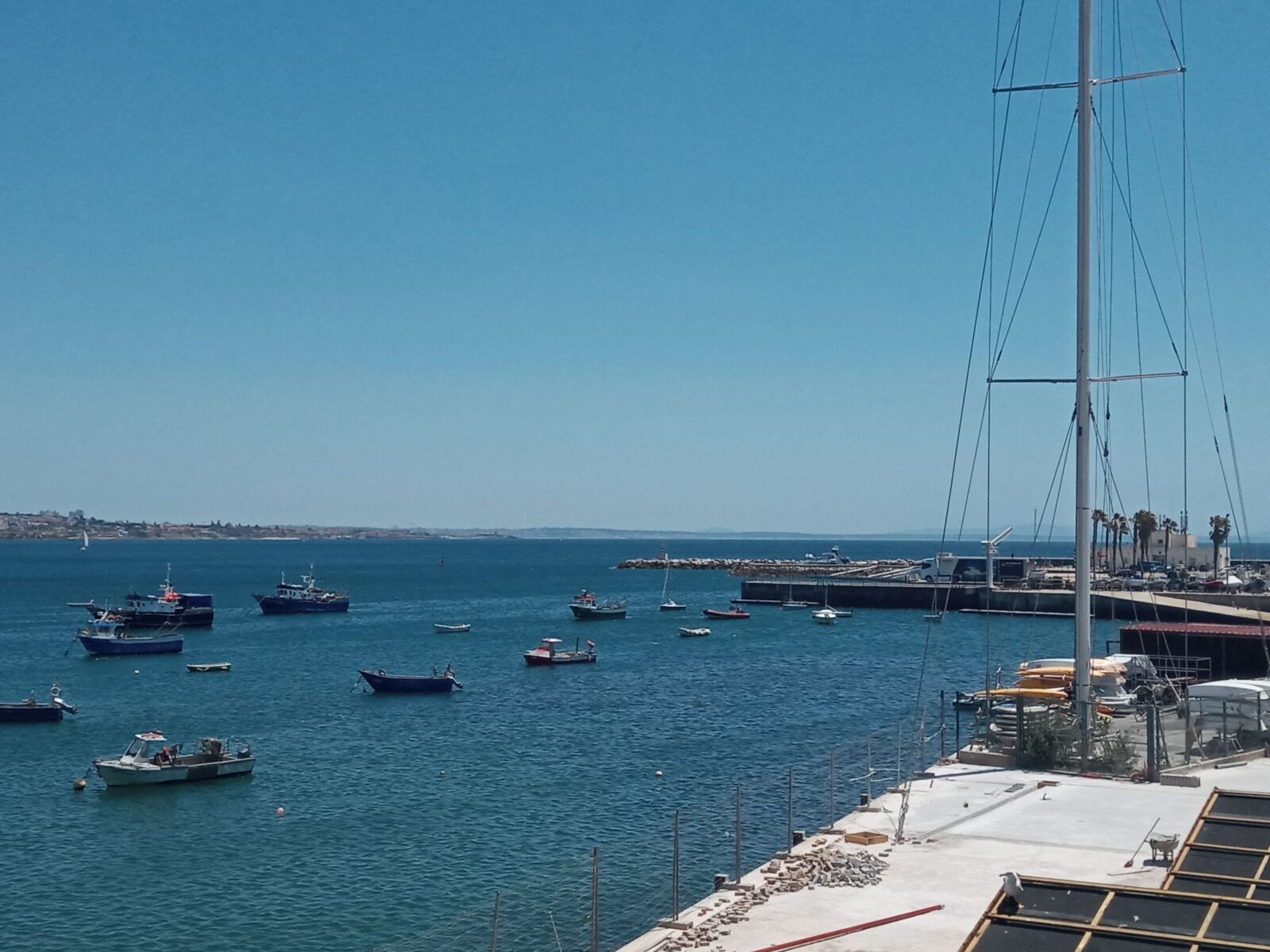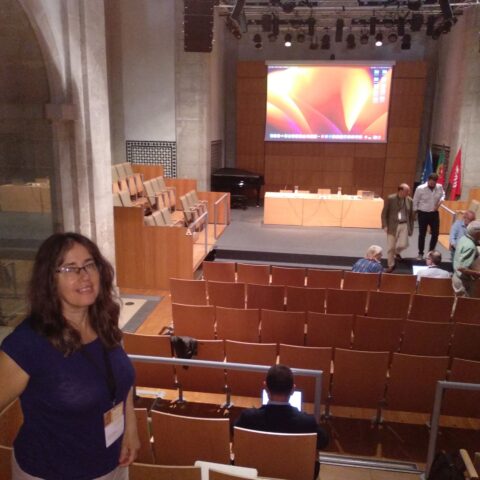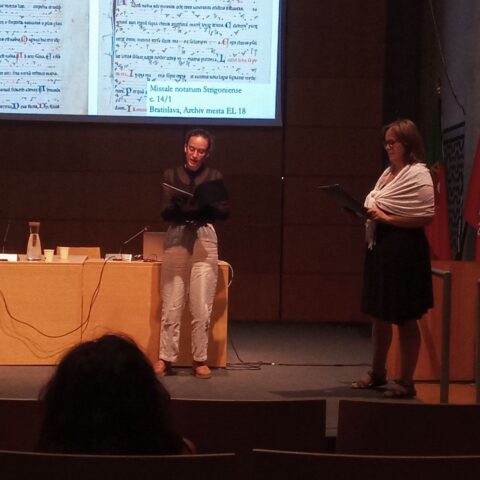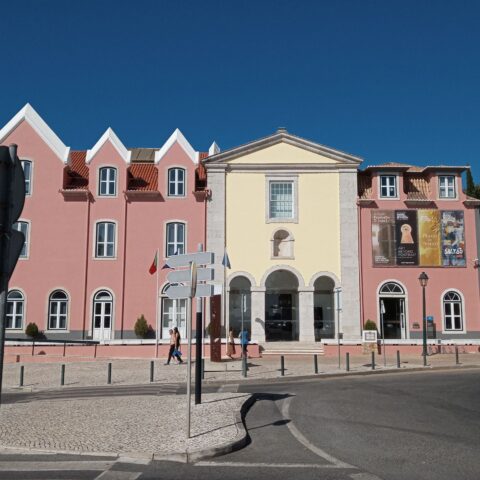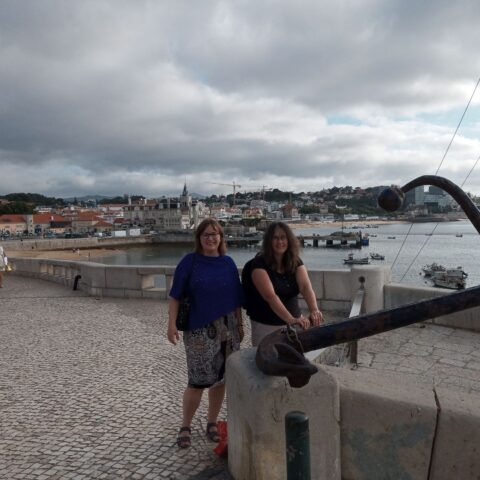The CESEM (Centro de Estudos de Sociologia e Estética Musical/ Centre for the Study of the Sociology and Aesthetics of Music) research group at NOVA University in Lisbon held an international colloquium entitled Lost and Found: Traces of Early Music from July 19 to 22, 2023 in Cascais, near Lisbon. The conference took place as part of the research group’s Texts and Voices Lost and Found: Recovering, Reconstituting, and Recreating Musical Fragments (c.1100-c.1600) project, which has been running since 2021. According to the two strands of the project, the presentations were also organized around two thematic units. Some of them presented fragmentary sources of medieval liturgical monophony, while others presented mostly unknown manuscripts, authors and compositions of polyphonic music from 16th-century Portugal, mostly preserved in the monastery of Santa Cruz in Coimbra.
The aim of the organizing committee, João Pedro d’Alvarenga, Alberto Medina de Seiça, and Manuel Pedro Ferreira was to provide opportunities to researchers of fragmentary transmitted music to share their latest results and innovative methodology and to create connections between the differenc research areas. The papers of twenty-nine non-parallel sections, including the three keynotes read by Susan Rankin, Owen Rees, and Debra Lacoste covered the timeframe of the 12-17th centuries, topics from the research of plainchant manuscript fragments to the reconstruction of early Baroque compositions, and locations from the Baltic region and Central-Europe to South-America. Members of the ʿLendület / Momentumʾ Digital Music Fragmentology Research Group presented a wide horizon of current Hungarian plainchant research: Zsuzsa Czagány showcased the complex ecosystem of fragment research through case-studies in her paper Fragments at a Crossroad of Disciplines. Traces of Lost Music Manuscripts from Medieval Hungary. Gabriella Gilányi investigated the early formation of the medieval Esztergom notation in her paper The Earliest Plainchant Fragments of Hungarian Provenance? Interpreting Two 12th-century Troper-Proser Leaves from Šibenik, whose results were also made tangible by the performance of the troped lesson Laudem Deo dicam by members of the research group. Eszter Göbölösné Gaál analysed the provenance and itinerary of fragments on Luther’s opera omnia in her paper Musical-liturgical Fragments in the Ráday Collection in Budapest. The organising committe did a fantastic job providing a perfect background for the academic event, from chosing the location, nourishing the researchers to the excellent IT-support. For music not to being present only at the level of theory at the colloquium but to present the participants with sonorous research results, the ensemble Arte Minima, led by Pedro Sousa Silva gave an unforgettable concert from the works of the 16th-century Portuguese composer Francisco de Santa Maria.
Eszter Göbölösné Gaál
